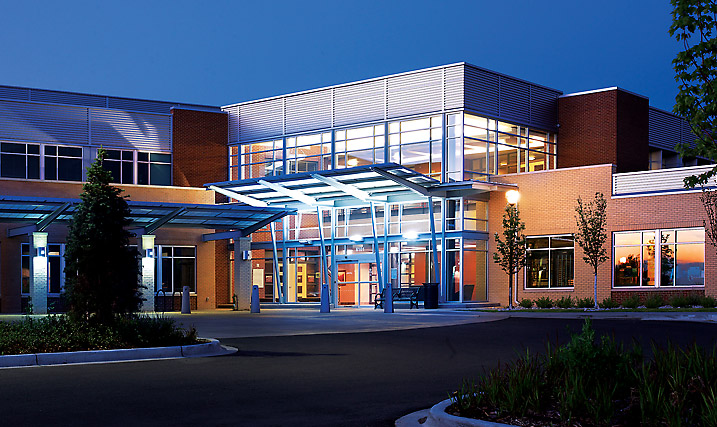If you’re a doctor, you may be considering a medical office building loan. However, most doctors are surprised not only by how arduous the loan process is, but the length of time required for the loan to close. There are also many forces that can affect a doctor’s ability to be approved for a loan. In this article, I’ll describe how the Canadian economy plays a role. I’ll also explain some of the reasons why medical professionals in Canada have sought financing for buildings. Finally, we’ll explore whether renting is a better option.
How The Economy In Canada Affects Doctors
Canadian banks and lending institutions have a large portfolio of outstanding loans. Some of these include medical office building loans. When the economy softens, banks grow wary. They understand that economic forces can drive any type of business, even doctors, into default. And these forces can even play a role in certain cities. For example, a medical practice can in Winnipeg may suffer as their clients cope with a soft market while a doctor’s office in Edmonton might experience rapid growth.
In economically uncertain times, banks are less likely to extend financing for the purchase of medical office space. Many Canadian doctors have been stunned when their banks have declined their loan applications. Even if the loan’s purpose is to refinance an outstanding note. In truth, most banks in Canada are quick to decline any such loan application if it’s not a “perfect” deal for them.
Reasons To Buy Medical Office Space
There are several reasons why a doctor might consider purchasing office space for a medical practice. First, it offers stability. Being a tenant exposes a doctor to the vagaries of potential new landlords. Second, making payments on a medical office building loan can be cheaper than renting over the long run. Other reasons can include expansion or relocation. For example, if a doctor in Toronto wants to expand his practice by hiring several additional doctors, his current location may be too small or otherwise unsuitable. Or, if a doctor in Windsor wants to move his practice to Ottawa, a loan may be necessary for the relocation.
Medical Offices: From Renting To Owning
Many doctors in Canada rent office space to maintain their practices. This has inherent benefits and drawbacks. First, renting allows flexibility. Should a doctor or medical professional choose to relocate or close his practice, he can easily do so. Second, the values of office buildings in certain Canadian cities may make a purchase impossible. Renting is an easy solution.
That being said, renting office space exposes medical practices to instability. Should a new landlord take control of the building, rental rates may quickly rise. Plus, owning the building often provides a tax write-off. Renting does not. Canadian doctors who qualify for loans to purchase an office building for their practice can enjoy both stability and tax benefits.
Getting Your Medical Office Building Loan
If your credit history is clean and you’ve presented an excellent case to your bank, you may be approved for a commercial loan to purchase office space for your medical practice. But, you should keep in mind that approving and structuring the terms of the loan can require significant amount of time. Often, the entire process can take several months. If you’re unable to wait that long, consider getting a bridge loan for short-term financing until your medical office building loan closes.
If you’re not approved by your bank, consider other financing options. You may need to pool your financial resources with other doctors or investors. Or, you can try to get a loan for a smaller condo (with the hopes of purchasing the building in the future). There are many lending institutions in Canada that are more aggressive than banks. They can offer financing options with better terms than conventional loans. When you’re ready to start, expand, or relocate your medical practice, don’t limit yourself to traditional financing. Often, the best terms can be found outside the banks.

